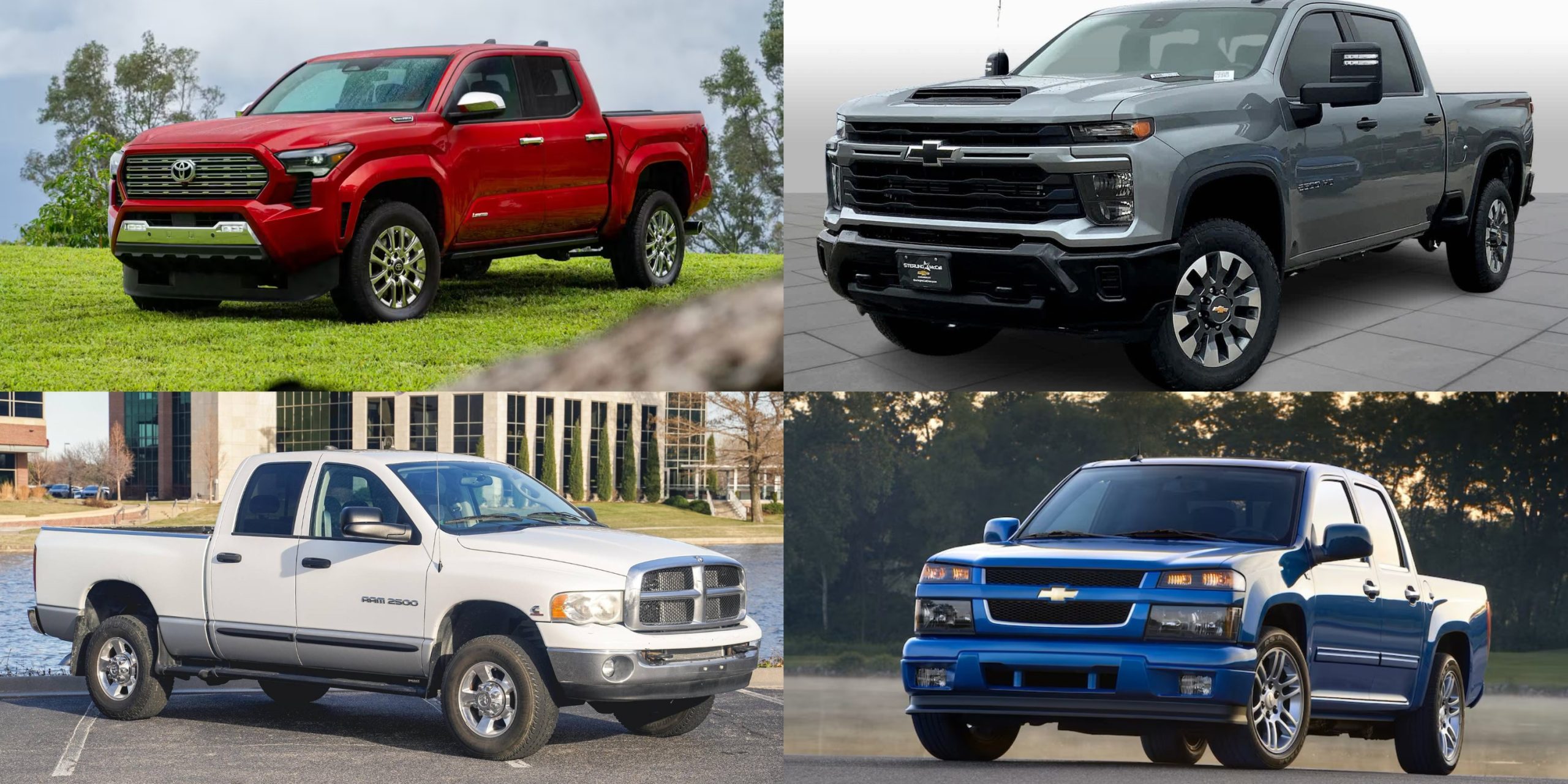Pickup trucks are built for hard work, whether it’s towing, hauling, off-roading, or simply withstanding daily abuse in tough environments. But not all trucks are created equal.
While some can rack up 300,000 miles with minimal issues, others start falling apart before they even hit the 100,000-mile mark. The key difference? Engineering, maintenance requirements, and the occasional design oversight.
Truck buyers expect durability — it’s part of the appeal. When you invest in a pickup, especially for work purposes, you want it to last as long as possible without turning into a bottomless pit of repair bills.
Some brands have mastered the formula with bomb-proof drivetrains and frames that resist rust and fatigue. Others, unfortunately, have stumbled with poorly designed engines, weak transmissions, or electrical gremlins that constantly rear their heads.
This article breaks down five legendary trucks known for their exceptional durability, often running for 200,000+ miles with proper care.
We’ll also spotlight five trucks that, despite having promising specs on paper, tend to fail long before their time. Whether you’re hunting for your next long-term rig or trying to avoid a costly mistake, this list is for you.
Also Read: 5 Cars That Still Look New After Years and 5 That Age Fast
5 Trucks That Last Forever
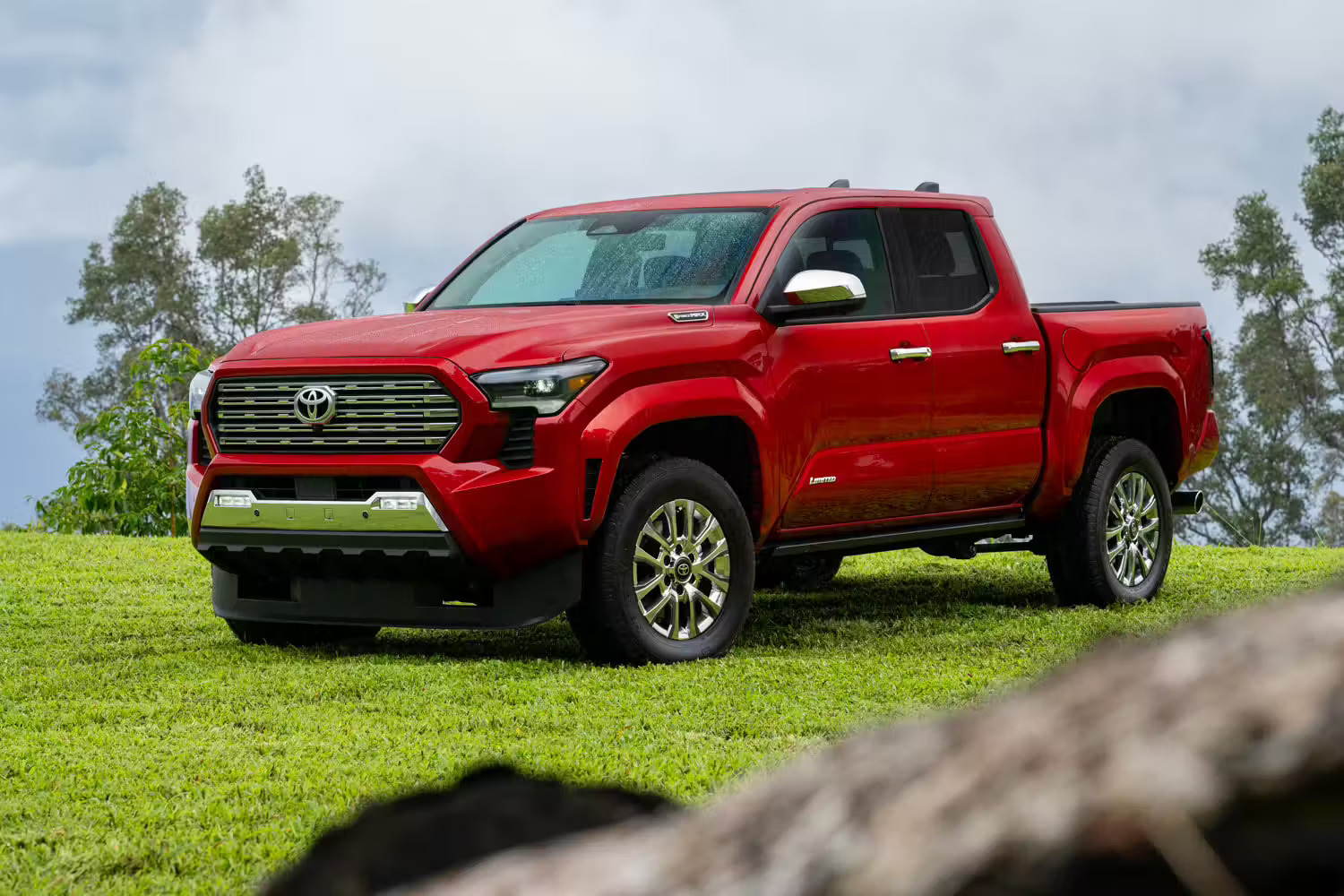
1. Toyota Tacoma (2005–2015)
The Toyota Tacoma is the go-to name in midsize pickup trucks, and for good reason. Known for its bulletproof reputation, the 2005–2015 Tacoma generation was built on Toyota’s legacy of reliability and off-road prowess.
Available with both 4-cylinder and V6 engines, this truck offered an ideal balance of ruggedness, simplicity, and long-term dependability.
One of the key reasons the Tacoma lasts so long is its powertrain. The 4.0L V6 engine is often referred to as “overbuilt,” meaning it was engineered to handle more stress than most drivers ever put it through.
Paired with a reliable 5-speed automatic or 6-speed manual transmission, these trucks have been known to reach 300,000 miles with only routine maintenance. In fact, Toyota’s own marketing campaigns once showcased Tacomas with odometers nearing 500,000 miles.
Even in harsh conditions, like desert heat or snowy, salty roads, Tacomas tend to hold up exceptionally well.
The frame rust issue in early models was addressed with a massive recall and frame replacements, reinforcing the brand’s commitment to longevity. If you’re looking for a truck that’s built to outlive its owner, the Tacoma is a clear winner.
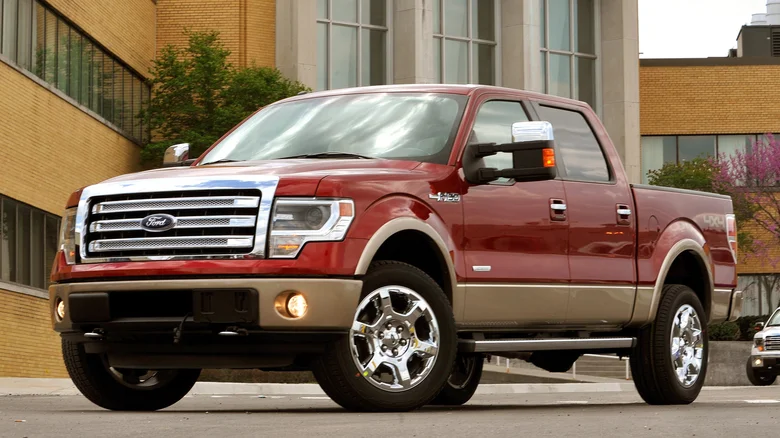
2. Ford F-150 (2011–2014, 5.0L V8)
America’s best-selling vehicle for decades, the Ford F-150 has had its highs and lows, but the 2011–2014 model years equipped with the 5.0L Coyote V8 engine stand out as a sweet spot.
This naturally aspirated powerhouse is known not just for its performance but for its impressive durability, routinely hitting 200,000+ miles with minimal drama.
Unlike the troubled EcoBoost engines of the same era, the 5.0L V8 is a simpler, more traditional engine with fewer failure points. It’s mated to a sturdy 6-speed automatic transmission that performs reliably when maintained properly.
Ford’s aluminum body changes came later, so these models still feature the tough steel frames that many long-time truck owners prefer.
Fleet and commercial drivers often favor this specific setup because it just keeps going. Whether it’s hauling tools to the job site or towing a boat every weekend, the 5.0L F-150 handles it without complaint.
With proper oil changes and fluid upkeep, it’s not uncommon to find these trucks still going strong at 250,000 miles or more.
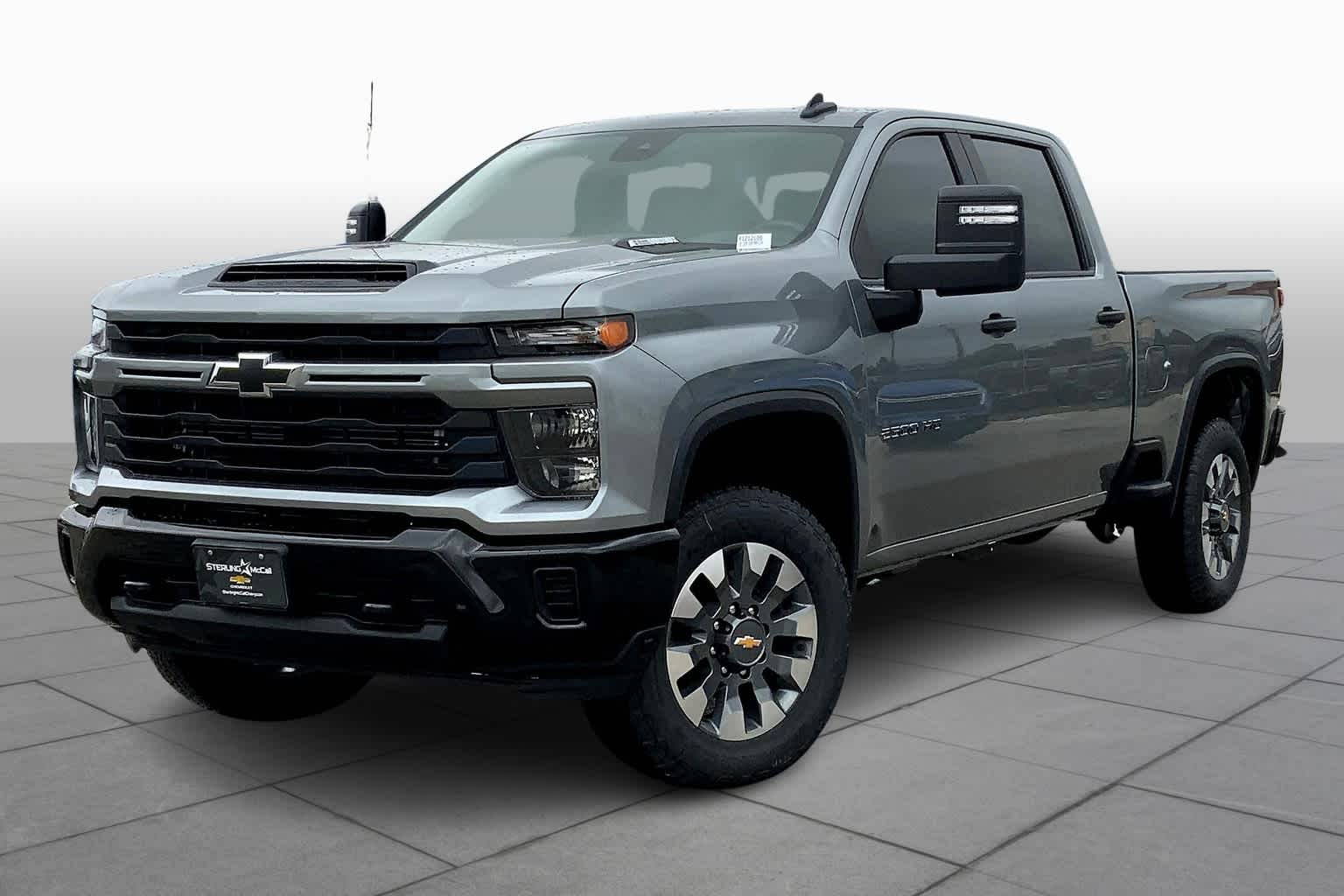
3. Chevrolet Silverado 2500HD (2011–2016, Duramax Diesel)
When you hear truck owners talking about “million-mile” pickups, chances are they’re referring to a heavy-duty diesel, and the Silverado 2500HD with the 6.6L Duramax is one of the most praised in that category.
The 2011–2016 models featuring the LML version of the Duramax diesel engine and Allison transmission are considered one of the most bulletproof pairings ever made.
The Duramax/Allison combo is revered for its towing capability, smooth shifts, and extreme durability. This engine is capable of running well beyond 300,000 miles with only routine care — diesel fuel filter changes, oil services, and occasional glow plug replacements.
These trucks are also popular with performance tuners and RV haulers thanks to their raw torque and efficiency.
Unlike some competitors, this generation of Silverado also avoided major transmission or injector problems, which are common failure points in other diesel trucks. If you’re looking for a workhorse that won’t quit, the 2500HD Duramax is a legend for a reason.
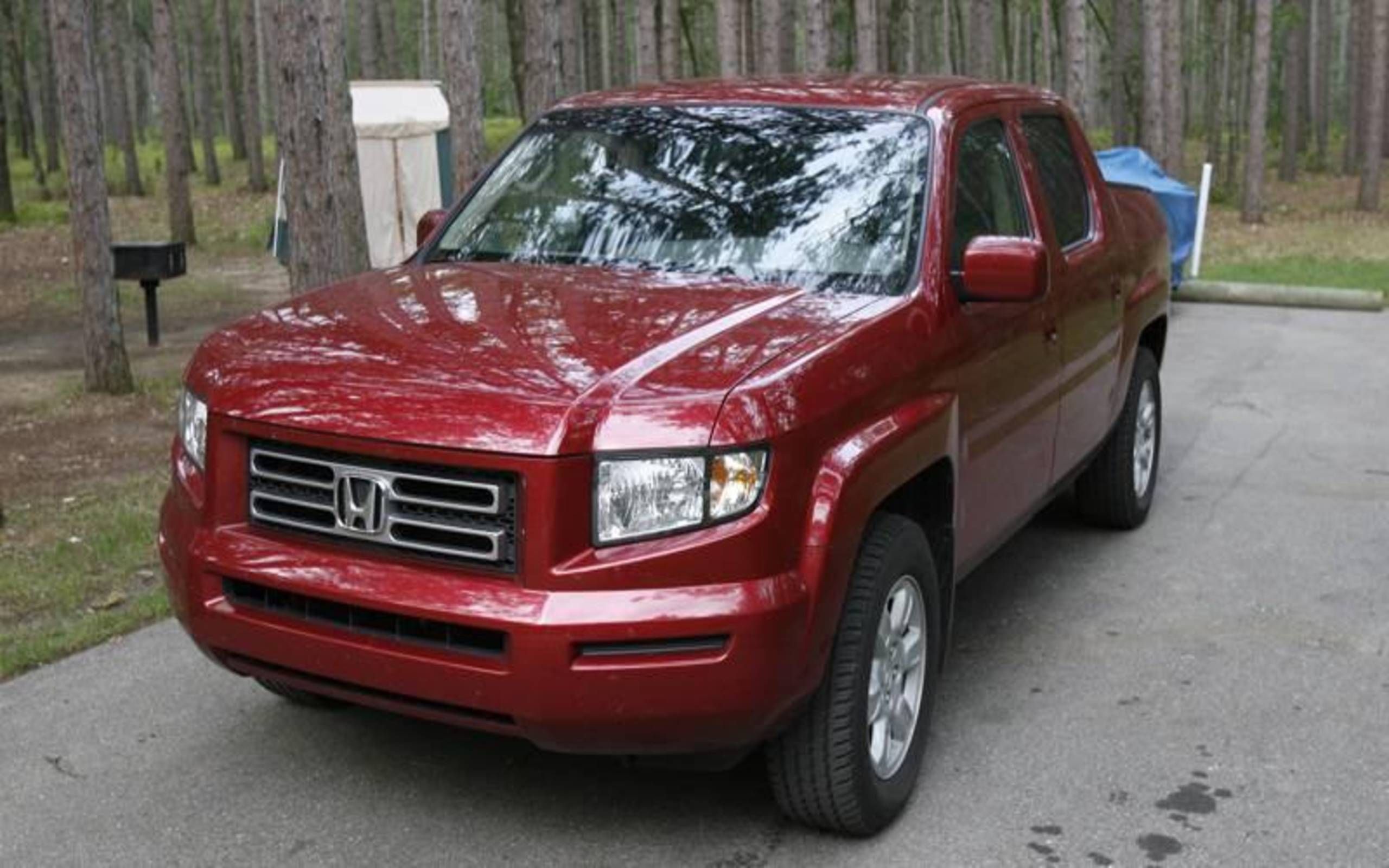
4. Honda Ridgeline (2006–2014)
While the Honda Ridgeline often gets side-eyed by traditional truck fans for its unibody construction and front-wheel-drive-based layout, don’t let that fool you.
The 2006–2014 Ridgeline is one of the most dependable mid-size pickups ever built. It’s not a heavy hauler, but for general use, it’s a truck that just doesn’t die.
Powered by Honda’s proven 3.5L V6 and a smooth 5-speed automatic transmission, the Ridgeline doesn’t strain itself — and that’s a good thing.
Its low-stress drivetrain components mean there’s less wear over time, and Honda’s engineering ensures a tight fit and finish throughout the vehicle’s life. It’s also less prone to the rust and frame issues that plague many other trucks in northern climates.
Many Ridgeline owners report trouble-free ownership well past 250,000 miles. It’s the perfect truck for homeowners, campers, and light-duty drivers who want something that handles like an SUV but works like a pickup. It may not win drag races or tow 10,000 pounds, but if longevity is your goal, the Ridgeline deserves respect.
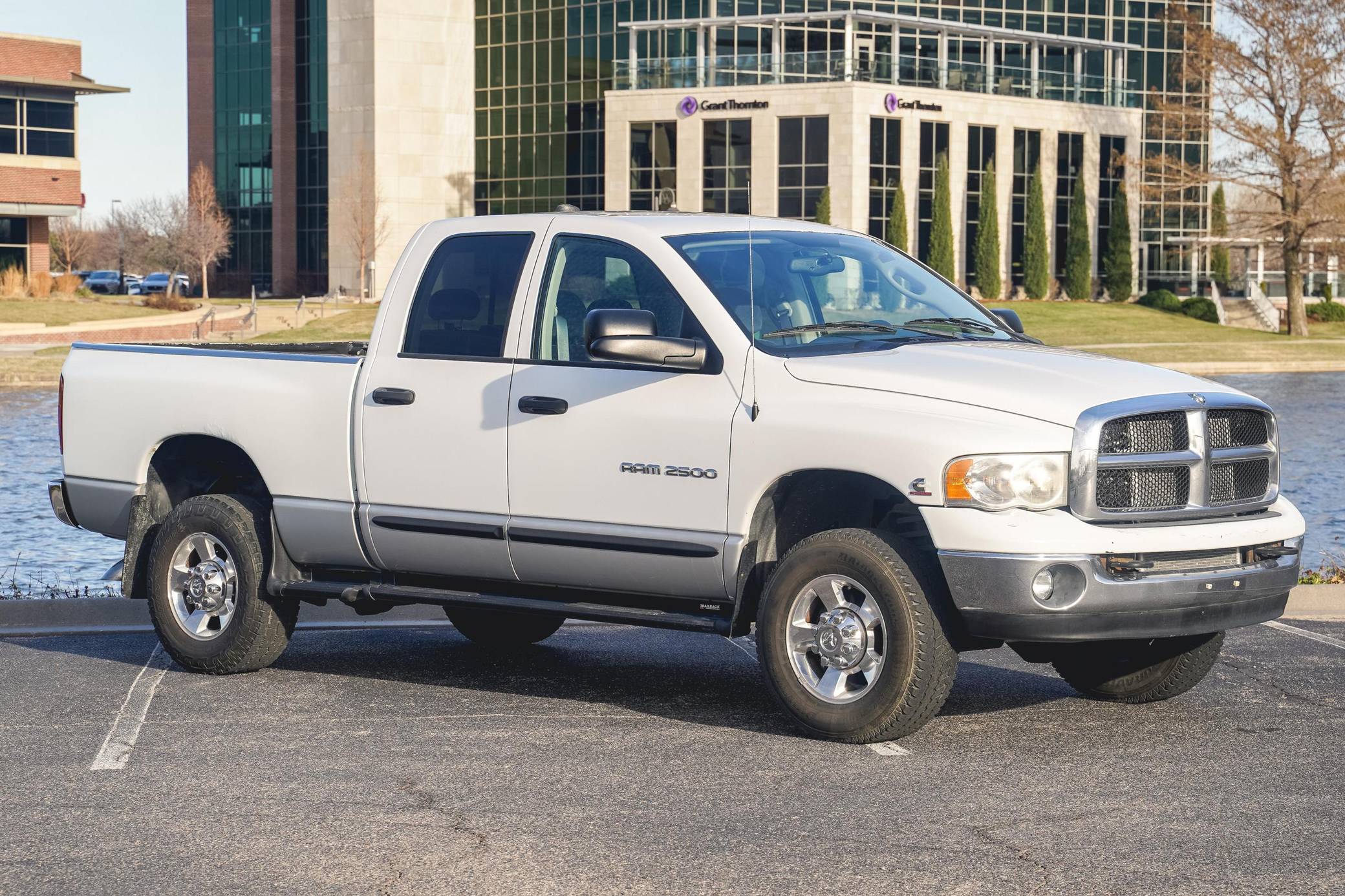
5. Ram 2500 (2010–2012, Cummins Diesel)
The Ram 2500 equipped with the 6.7L Cummins turbo diesel is legendary for longevity, and the 2010–2012 models are a sweet spot before emissions systems became overly complex. With proper maintenance, these trucks are built to last several hundred thousand miles, and many already have.
The 6.7L Cummins engine is renowned for its durability, simplicity, and rebuildability. When paired with either the G56 manual transmission or the 68RFE automatic (with upgrades), it’s a platform that can outlive just about everything else on the road.
These trucks are common in farming, towing, and commercial industries where failure simply isn’t an option.
Rust is the main issue in older Rams, but mechanically, the 2010–2012 Cummins-powered trucks are workhorses that rarely say die. With regular oil changes, transmission services, and diesel-specific care, it’s not unusual to see these trucks reach 400,000+ miles.
5 Trucks That Don’t Make It Past 100K Miles
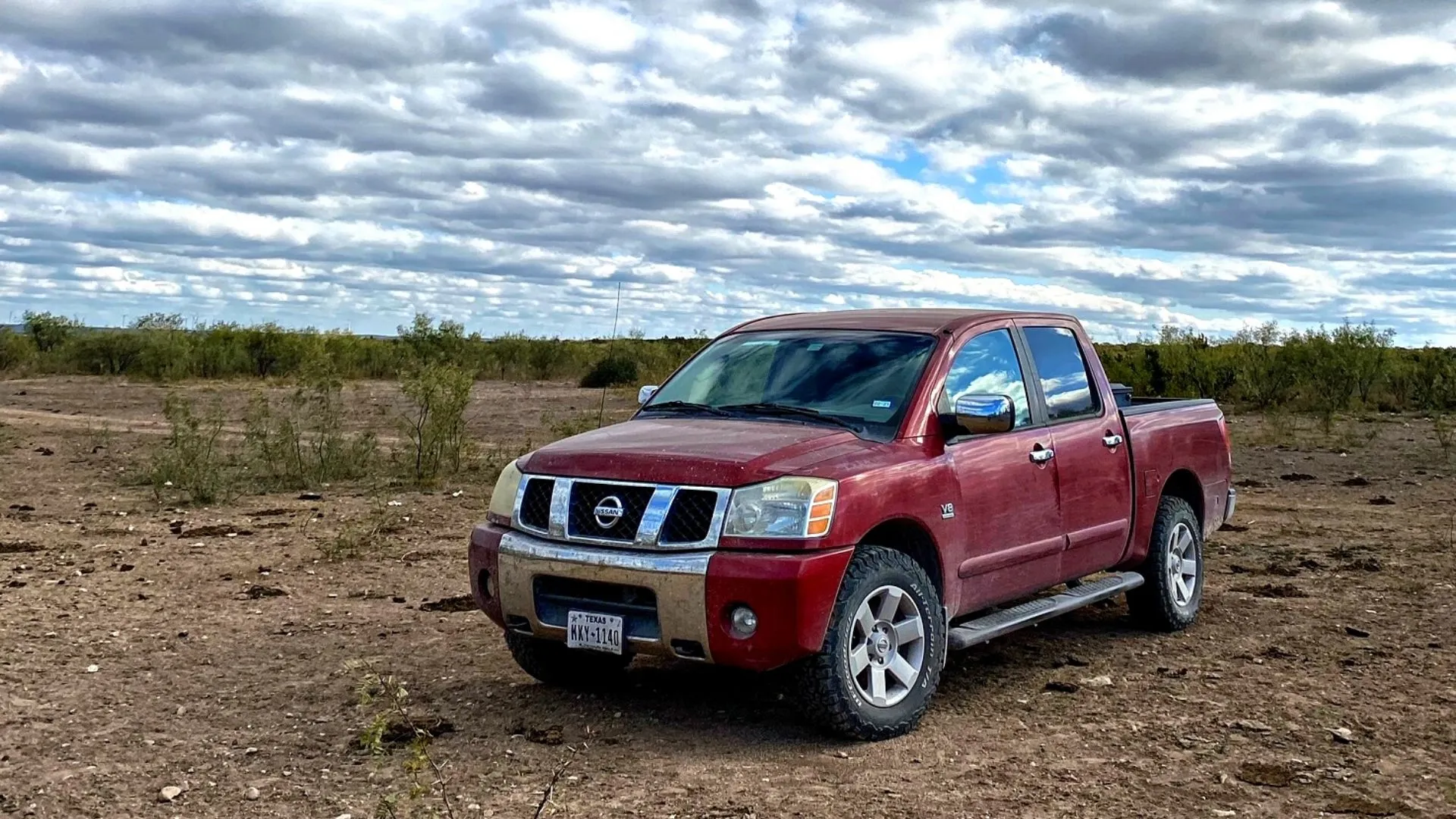
1. Nissan Titan (2004–2006)
When the Nissan Titan first debuted in 2004, it was intended to be a strong American-market contender against the Big Three.
While its 5.6L Endurance V8 engine delivered solid performance on paper, these early Titans were riddled with problems that often appeared before 100,000 miles, especially in the drivetrain.
One of the most notorious issues was transmission failure. The Titan used a 5-speed automatic transmission that was not only underbuilt for towing but also poorly cooled.
Overheating and premature clutch wear were frequent complaints. Rear differentials were also a serious weak point — in fact, so many failed early that some owners started proactively replacing theirs before hitting 80,000 miles.
Add in electrical glitches and interior trim that didn’t age well, and ownership quickly became more headache than haul. While later Titan models saw some improvement, these early production years seriously hurt the truck’s reputation for durability.
Many owners who experienced failure before 100K miles reported costly repairs and poor dealership support. Unless fully restored or meticulously maintained, the 2004–2006 Titan is often one to avoid.
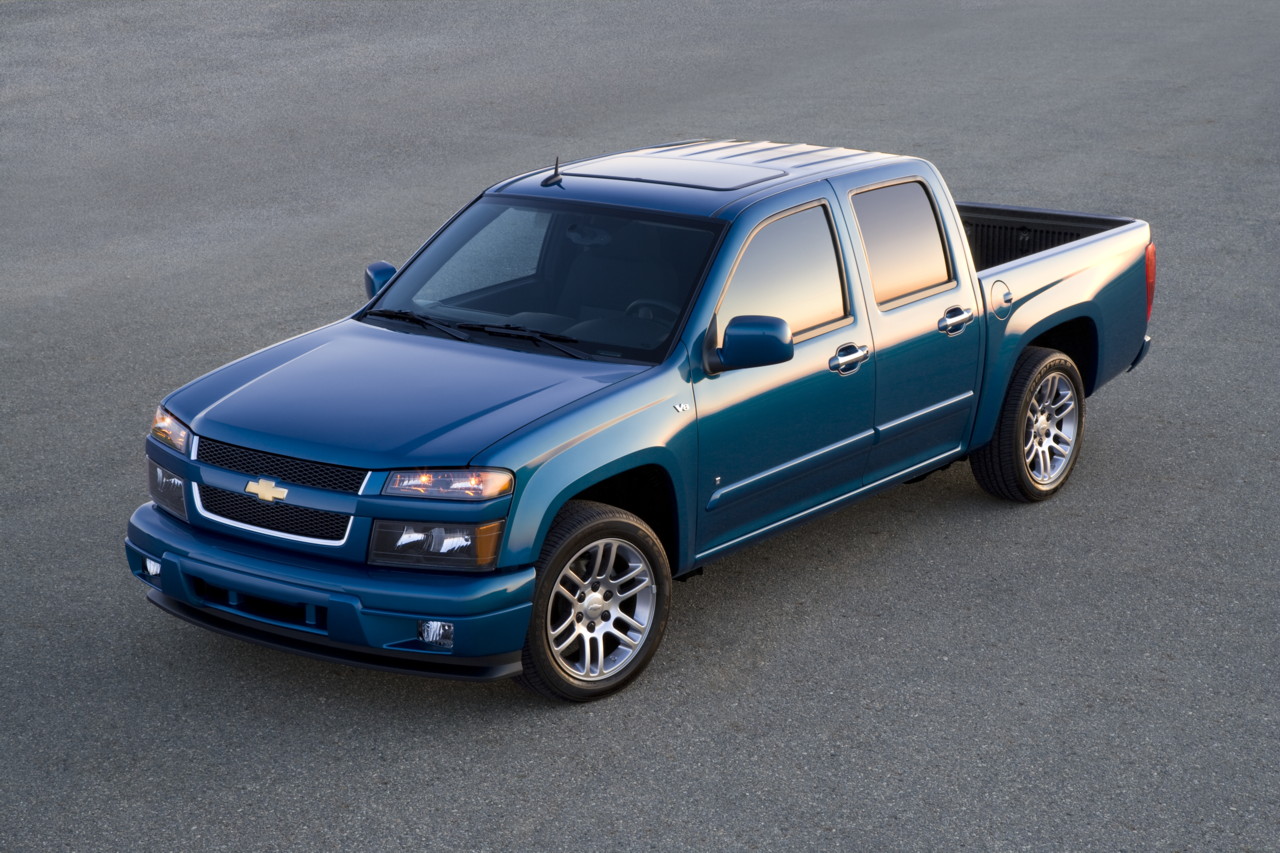
2. Chevrolet Colorado (2004–2012)
The first-generation Chevrolet Colorado was marketed as a compact, affordable pickup with good fuel economy and daily usability. However, what it delivered in practicality, it lacked in long-term reliability, particularly with the inline-5 and 4-cylinder engines offered during this time.
These engines were known for valve seat failures, head gasket issues, and cylinder head cracking, sometimes before 75,000 miles. Transmission issues were also common, including hard shifting, slipping gears, and outright failure in higher-mileage examples.
Add to that a relatively fragile front suspension and a cheaply built interior that showed premature wear, and you’ve got a truck that struggled to hit 100K without issues.
Despite its appealing price point, the 2004–2012 Colorado’s mechanical weak points led to a poor reputation. The later second-generation Colorado (post-2015) made major improvements, but if you’re considering a first-gen model, be prepared for above-average maintenance costs or ongoing problems.
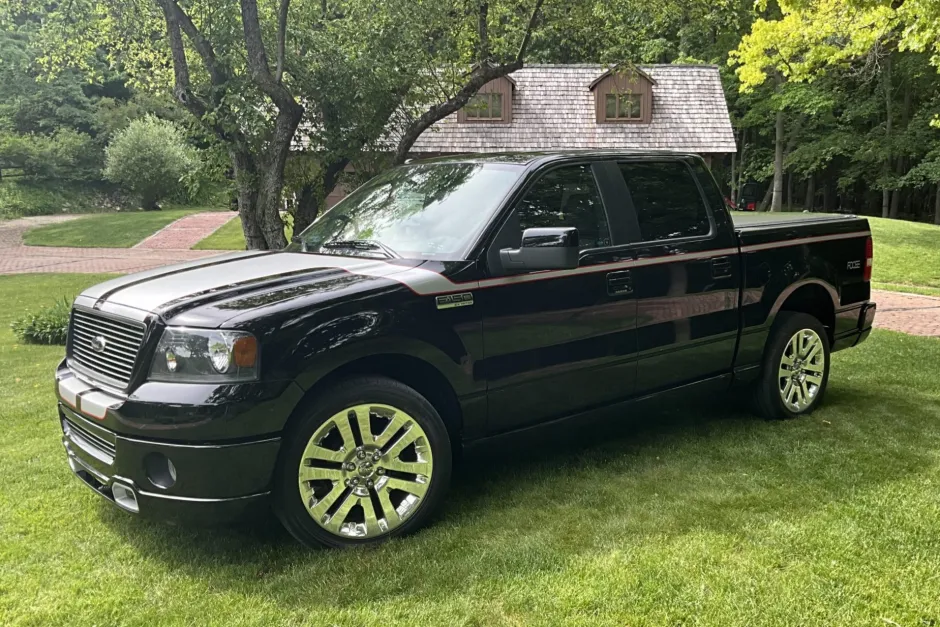
3. Ford F-150 (2004–2008, 5.4L Triton V8)
The Ford F-150 is generally one of the most durable trucks around, but not all versions are created equal. The 2004–2008 models equipped with the 5.4L Triton V8 are especially notorious for serious mechanical failures that often rear their heads before 100,000 miles.
This engine, part of Ford’s “Modular” family, suffered from a host of issues: cam phaser failure, spark plugs that would break off during removal, and timing chain tensioner problems that caused loud knocking and eventual failure.
The repairs weren’t just frequent — they were expensive, often costing several thousand dollars. Additionally, some trucks had weak transmissions that would slip or fail under moderate towing.
What makes the situation worse is the complexity of repairs. Fixing cam phasers or timing chain issues often required major labor, leading some owners to give up on their trucks entirely.
If you’re in the market for a used F-150, this specific engine should raise red flags — many mechanics and owners agree: avoid the 5.4L Triton if long-term reliability matters to you.
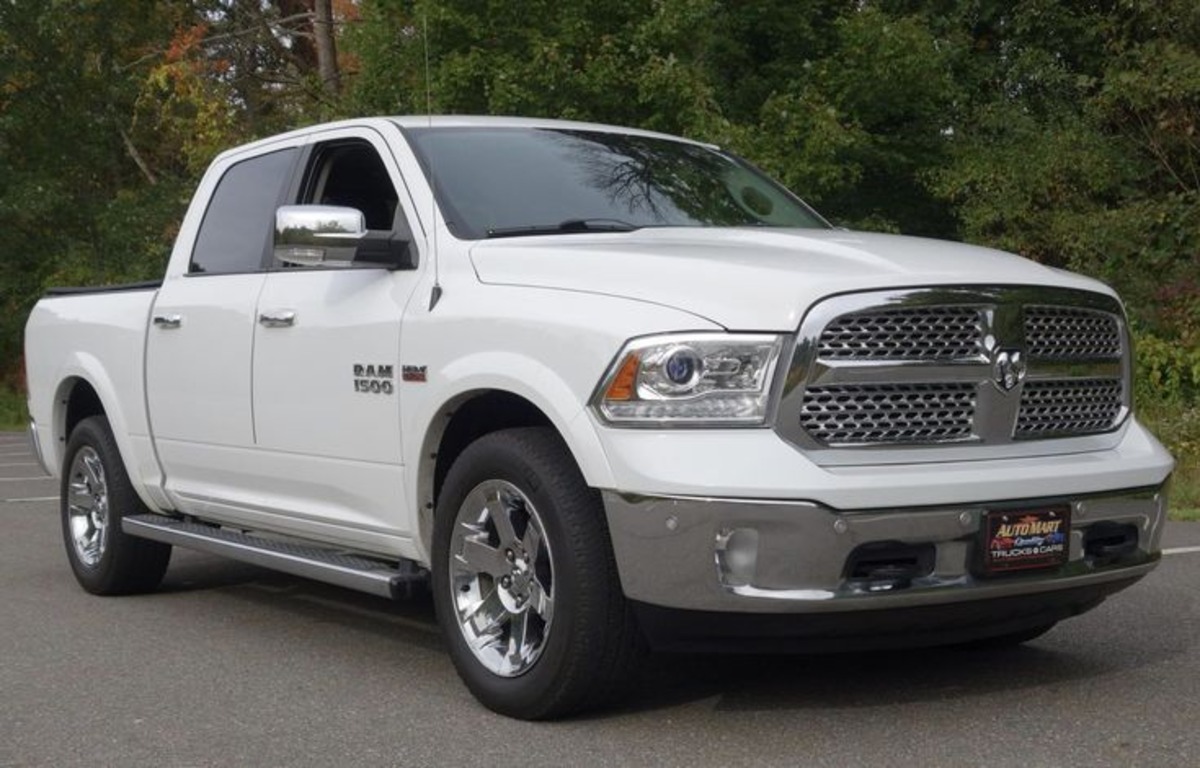
4. Ram 1500 (2002–2005)
The early 2000s Ram 1500 models were a styling success and helped revive Dodge’s image in the truck world. But underneath the muscular looks were several mechanical weaknesses that often caused these trucks to fail before hitting 100K miles.
One of the biggest culprits was the transmission, particularly the 45RFE and 545RFE automatics. These units were not well-matched to the V8 engines and were prone to early failure. Slipping, delayed engagement, and complete loss of drive were frequent complaints.
Rear differential issues were also common, especially in 4×4 models used for light off-roading or towing. Many owners found themselves replacing entire axle assemblies at great cost.
Additionally, the dashboard and interior plastics were notoriously fragile, often cracking or completely disintegrating after a few years.
Combine that with electrical gremlins, ABS module failures, and steering rack issues, and these Rams developed a reputation for letting owners down far too early. While some fans stick with them for their affordability and mod potential, the early 2000s Ram 1500 is not the poster child for longevity.
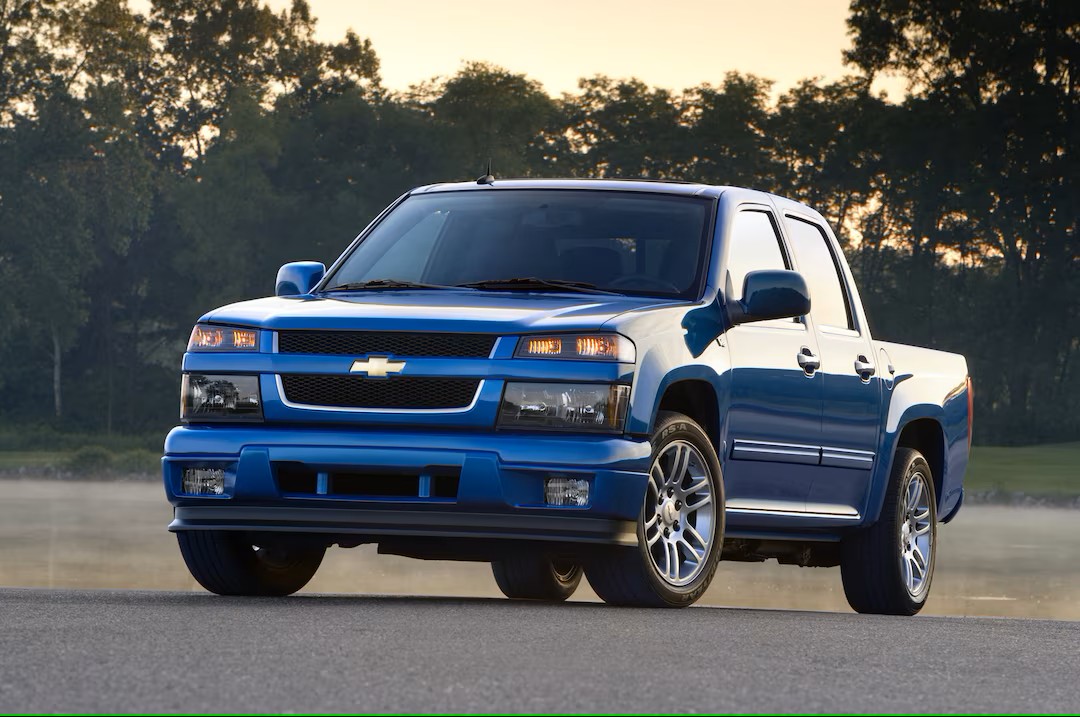
5. GMC Canyon (2015–2016, 2.8L Duramax Diesel)
At first glance, the 2015–2016 GMC Canyon with the 2.8L Duramax diesel engine seems like a fantastic package: strong torque, solid fuel economy, and diesel longevity.
But in practice, this powertrain combo has been problematic, especially when it comes to emissions equipment and engine wear, both of which can kill the truck before it reaches 100K miles.
The most common complaints revolve around the Diesel Exhaust Fluid (DEF) system and Diesel Particulate Filter (DPF), which often clog, fail, or trigger endless check engine lights.
These components are critical for emissions compliance but are prone to malfunction, especially if the truck is used for short drives or in cold climates. When they do fail, repairs are not only expensive — they often require full component replacements that cost thousands.
Further complicating matters are reports of fuel system issues, injector failures, and poor cold-weather performance. While the engine itself can last under perfect conditions, real-world use has revealed too many weak points in this diesel setup.
It’s a case of good idea, poor execution — and a warning that not all diesels are bulletproof. If your goal is long-term reliability, this isn’t the diesel truck to bank on.
Also Read: 5 Cars With Tough Suspension and 5 That Feel Fragile
Trucks have always symbolized strength, endurance, and work ethic — but not every model lives up to that promise.
Whether you’re buying new or used, the gap between a “forever truck” and one that fails early can mean tens of thousands of dollars in repair costs and years of frustration. That’s why understanding model-specific issues, not just the brand name, is critical.
The good news is that truly durable trucks do exist. With proper maintenance, models like the Toyota Tacoma, Ford F-150 (5.0L), and Chevy 2500HD Duramax can last far beyond 200,000 miles.
Meanwhile, it pays to steer clear of trucks with known engine or transmission issues, like the 5.4L F-150 or early Nissan Titans, unless you’re prepared for the potential headaches.
Ultimately, a truck’s longevity depends on a mix of solid engineering and how it’s treated over time. But armed with the right knowledge, you can pick a truck that’ll not only meet your needs today, but still be running strong many years down the road.

